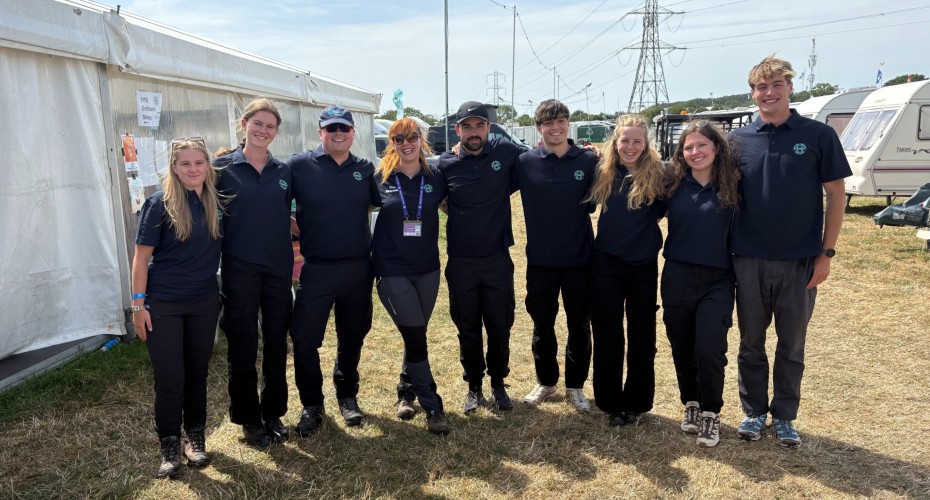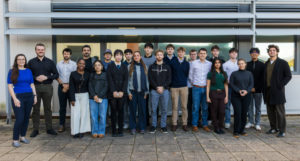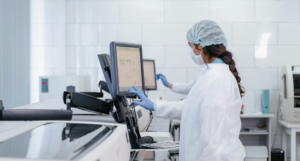Exeter Medicine Students Provide First Aid Support at 2025 Glastonbury Festival

Medicine students from the University of Exeter put their clinical training into practice at the 2025 Glastonbury Festival, volunteering as first responders to provide essential medical care for festival-goers.
As part of the Festival Medical Services (FMS) team, the students treated a range of incidents and illnesses during the five-day event, which attracted over 210,000 attendees from 25–29 June. Their work offered valuable hands-on experience in emergency care at one of the UK’s largest and most high-profile music festivals.
Daisy Richards, third year medical student from Cornwall said: “The opportunity to join Festival Medical Services as a first responder and volunteer at Glastonbury has been an ambition of mine since I applied to Exeter Medical School. It was exciting to practise emergency medicine in an environment outside the hospital and learn from the experienced team around me. The experience really strengthened my clinical skills, and I’d love to carry on volunteering with Festival Medical Services each year.”
Another third-year medicine student who volunteered was Thomas Clayton, he said: “I loved the idea of spending time in a music festival while being able to experience first line medical care, learning career skills and helping charities along the way. I ‘d like to become an active part of Festival Medical Services, beyond volunteering at Glastonbury to other festivals. Getting involved in this allowed me to develop my passion for emergency medicine and is a great stepping stone exposing me to different medical situations and environments early in my career.”
Ahead of the event, the students completed specialist training in basic life support and the management of conditions such as shock and burns. The qualifications they earned through their participation will contribute toward their medical degrees.
Professor Robert Taylor from the University of Exeter is a Team Member of FMS and helped lead the student group. He said: “Our partnership with Festival Medical Services has given a number of Exeter students the opportunity to work as medical first responders at the event. At Exeter, we pride ourselves on a programme which gives our students experience of patient contact from an early stage, and that experience really paid off. They’ve delivered first-class care, managing a wide range of incidents in a demanding and dynamic environment.”
“The conduct of the students has been exemplary — they have been true ambassadors for the university, and the experience has helped develop the clinical and professional skills they will carry into their future careers as doctors. It was also fantastic to see some of our more senior, now-qualified students still giving up their time to support Festival Medical Services. As an Emergency Physician, it’s been a real privilege to work alongside them.”
Students are invited to apply for a place on the FMS Responder team each year and are expected to contribute to the funding of their training for this role.



